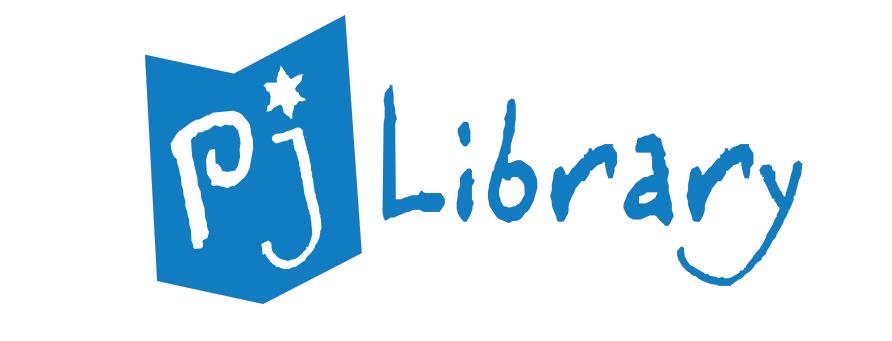
15 minute read
SHANA TOVA
5781
The Holiness of Self
Advertisement
By Rabbi Richard F. Address, Congregation Ahavath Chesed - The Temple
Shalom and Shanah Tovah. There have been moments in our history when the High Holiday season comes in which there is great need. This year is one of those years. There is no need to rehearse the past half year. With the Month of Elul (August 21) we enter the most spiritual phase of our year. We need it!
The eve of September 12 we shall participate in S'lichot, a small but powerful ritual often marked in congregations with the changing of Torah covers to white. The symbolism this year is so powerful, for just a few days later we will enter into the new year of 5781. We change the Torah covers to symbolize the beginning of the new, as a metaphor for what we can change within our own self.
This is a sacred message of this season, this year especially. We will gather at our own home sanctuary, our mikdash m'at, and be joined in virtual realities with Jews around the world. That shofar will call us to wake up, to wake up our souls. We will change the covers of the Torah, will be have the courage to change what covers our soul?
Will we listen to that "t'kiah?" We enter 5781 in so many ways so different than last year. No one could have foreseen what has
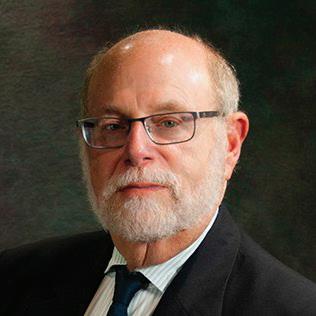

happened and where we are. The Unetaneh Tokef prayer, so central to the service has never been more relevant. The randomness of existence confronts us daily in stark reality, Who lives? Who dies? And what can we make of it as we enter this new year?
As Jews, we hope. As Jews, we will be called this year to go inside our souls, to reach into our self to gather strength to move into our own future. We will be called and reminded, as we recite the Ashamnu and El Chet, that we persevere through hard times by returning to our basic Jewish values. We celebrate relationships, community and faith. We are reminded that each of us is a sacred representation of the Holy and, as Pirkei Avot says, "in a place where no one acts as a human being, strive to act like a human being".
Have a sweet and healthy New Year and an easy fast.
Shanah Tovah
A Guide to the Days of Awe

THE MONTH OF ELUL
Rabbi Jacob ben Moses Moellin (1365-1427), also known as the Maharil, was the first to designate the High Holiday period as Yamim Noraim (“Days of Awe”). This is a time for selfassessment and Teshuvah (repentance) on the Jewish calendar.
Because of the great solemnity surrounding the High Holidays, a whole month is devoted to preparation for change in our lives. This preparatory period begins with the month of Elul, the last month of the Jewish year. A number of customs associated with Elul emphasize the theme of teshuva. The Shofar is blown at the end of the daily morning service, except on Shabbat. Its sounding is a call to repentance, an alarm designed to awaken us from the sleep of complacency. We also add Psalm 27 to the liturgy morning and evening, from the beginning of the month until Hoshanah Rabbah, the seventh day of Sukkot. This psalm expresses the hope that God will shelter us and lovingly support us – an appropriate sentiment at a moment when we are anxious about the challenge of Teshuva and uncertain as to what the New Year will bring.
Various other customs are also associated with the pre-holiday period. They include visiting the graves of loved ones, sending greeting cards to friends and family wishing them a happy New Year, and being especially generous with By Rabbi Jonathan Lubliner, Jacksonville Jewish Center
the giving of tzedakah. In synagogues it is customary to replace the regular Torah mantles with white ones – white being a symbol of purity and atonement.
SELIHOT – THE PENITENTIAL PRAYERS
Selihot, or penitential prayers, are also recited during the month of Elul. Sephardic Jews begin the recitation of these prayers on the first day of the month; Ashkenazim, on the Saturday evening (or Sunday morning) before Rosh Hashanah.
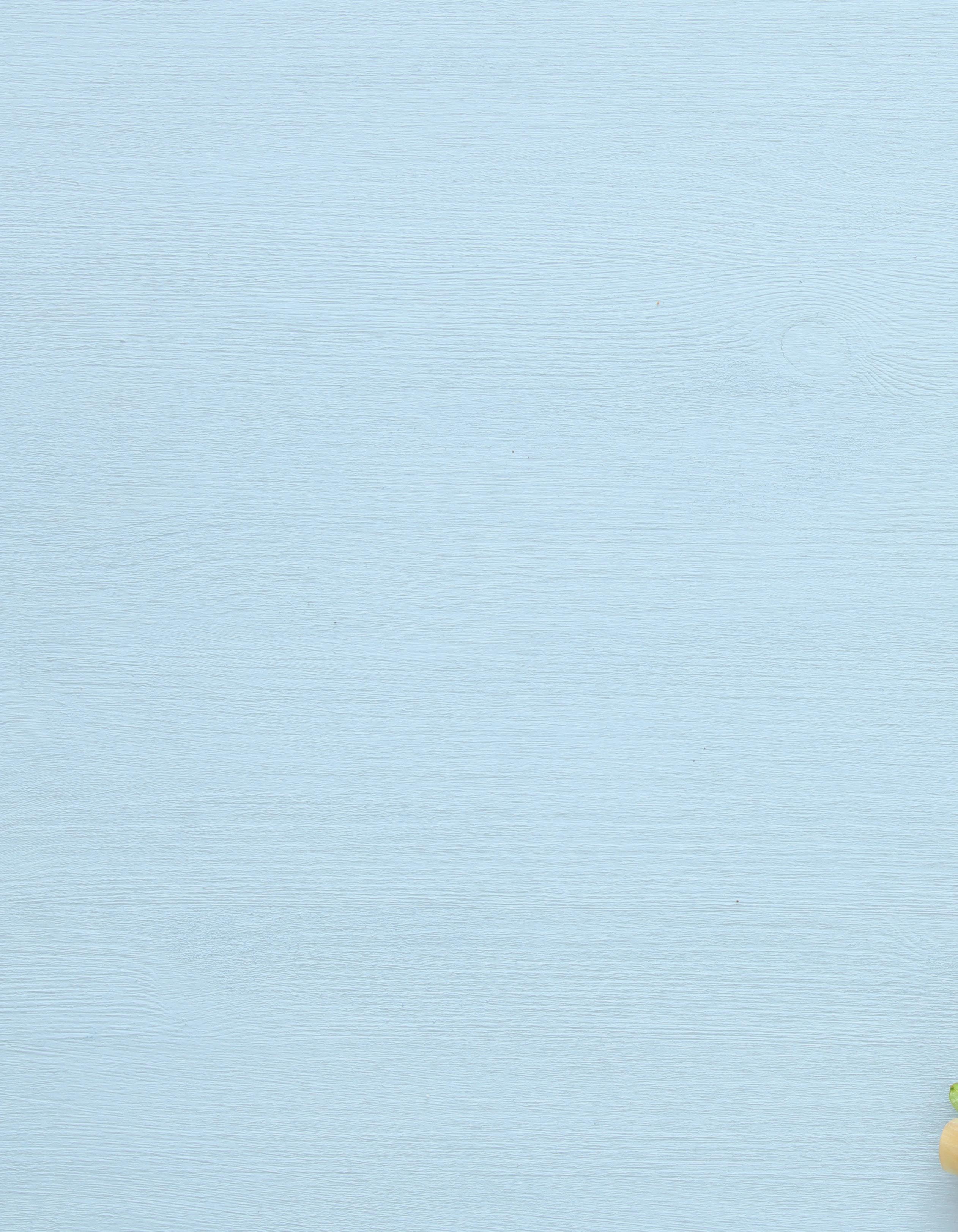
ROSH HASHANAH – THE COMPLETION OF THE WORLD (1 & 2 TISHRI)
Contrary to popular opinion, Rosh Hashanah does not celebrate the beginning of God’s creation of the world, but rather its completion, i.e., the sixth “day” on which the Almighty created humanity.
It is traditional to use round hallot for the holiday. In addition, we dip apples in honey before the festival meals and express the hope that God will renew us for a sweet and good year. There are number of other symbolic foods customarily eaten on Rosh Hashanah (e.g., dates and pomegranates), known collectively as Simana Milta. It is also customary to wear new clothing and to eat a new fruit (i.e., a variety that we have not eaten in the past month) on the second evening or day of Rosh Hashanah.
SHOFAR
The Shofar is sounded at services both days of Rosh Hashanah (when the first day is Shabbat it is traditionally blown only on the second). As the Talmud states, “Said Rabbi Abahu: Why do we sound the horn of a ram? Because the Holy Blessed One said, “Blow me a ram’s horn that I may remember unto you the binding of Isaac, and I shall account it unto you as though you bound yourself before me” (Rosh Hashanah 16a). In recalling Abraham’s willingness to obey God’s commandment to offer his son, Isaac, God is inclined to judge us leniently on account of our ancestors’ righteousness.
The strident sounds of the Shofar shatter our complacency, calling us to Teshuvah. Though traditionally from a ram, the horn may come from any kosher animal, save a cow (because of its linkage with the sin of the Golden Calf). The Shofar is sounded at various points during the service, adding up to a total of one hundred blasts.
TASHLIKH
The custom of Tashlikh takes place on the afternoon of the first day of Rosh Hashanah (on the second day when the first coincides with Shabbat). This ritual, dating back to the 15th century and perhaps even earlier, includes gathering by a body of water and emptying one’s pockets or throwing inedible bits of bread into the current as a symbol of one’s desire to discard transgressions and begin anew. Should an individual be unable to perform Tashlikh on Rosh Hashanah, it may be done anytime until Yom Kipper (except on Shabbat).
ASERET YEMEI TESHUVAH – THE TEN DAYS OF REPENTANCE
The New Year inaugurates the Aseret Yemei Teshuvah, the ten day period that culminates in the observance of Yom Kippur. The mood of these days is best captured by the following Talmudic passage: “Rabbi Kruspedai said in the name of Rabbi Yohanan, ‘Three books
are opened on Rosh Hashanah – one for the thoroughly wicked, one for the categorically righteous, and one for the group in-between. Whereas the completely righteous and wicked are written into their respective books immediately, the fate of the intermediate group is suspended until Yom Kippur: if they have merit they will be written in the Book of Life; if not they will be inscribed otherwise” (Rosh Hashanah 16b).
KAPPAROT
The custom of Kapparot is observed on the eve of Yom Kippur. In traditional circles it was the practice to wave a live chicken around one’s head three times while reciting a formula that “transferred” one’s sins of the past year to the bird. The fowl was then slaughtered and its meat given to the poor for their pre-Yom Kippur meal. While the majority of Jews do not observe Kapparot in the above manner, it is still common to perform the ceremony with money, which is then donated to charity.
YOM KIPPUR – THE DAY OF ATONEMENT (10 TISHRI)
A festive meal is eaten the afternoon of Yom Kippur eve. The table should be covered with fi ne

linen and good china as if it were Shabbat. Though the mood of the day is one of solemnity, Yom Kippur is not a time of mourning, but one of sacred joy at the prospect of moral regeneration. Indeed, according to the Talmud, should one feast on the ninth of Tishri it is considered as though he had fasted on both the ninth and tenth. Before leaving home for the synagogue, it is customary for parents to bless their children.
The central purpose of fasting on Yom Kippur is not to punish ourselves physically. Rather, if we abstain from the fulfi llment of bodily needs, it is primarily to allow ourselves to concentrate on the higher and more spiritual aspect of ourselves. Aside from fasting, Jewish Law stipulates that we refrain from wearing leather shoes (symbolic of luxury and vanity), using make up or perfume, bathing or engaging in conjugal relations.
Services begin with the recitation of Kol Nidrei, one of the liturgical highlights of the Yom Kippur liturgy. Kol Nidrei is a rather dry Aramaic legal formula, which absolves us of any vows to God we may be unable to keep during the coming year. While the power of the text derives in large measure from the haunting melody to which it is chanted, Kol Nidrei also reminds us that it is all too easy to make promises; the real test of integrity lies in our determination to carry out the promises we do make. It should be emphasized that Kol Nidrei concerns itself only with the vows we make to God. Nothing – not even Yom Kippur – can annul the promises we make to fellow human beings.
The long day of services held on Yom Kippur culminates with Neilah late in the afternoon. In Hebrew Neilah means “closing” and refers either to the closing of the Temple’s gates at the conclusion of the Day of Atonement, or alternatively, to the symbolic “closing” of heaven’s gates. At the conclusion of Yom Kippur, a great blast of the Shofar is blown, thus ending the Day of Atonement on a dramatic note of triumph. There is a beautiful custom of beginning to build the Sukkah immediately after breaking one’s fast, thus demonstrating one’s eagerness to proceed from the fulfi llment of one mitzvah to the fulfi llment of the next.

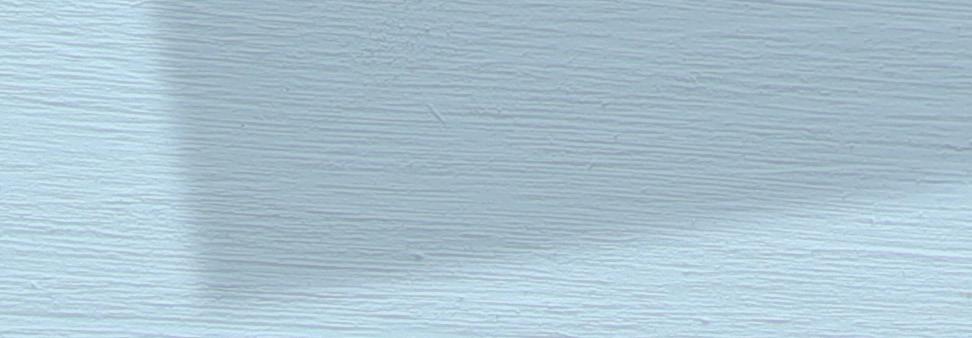
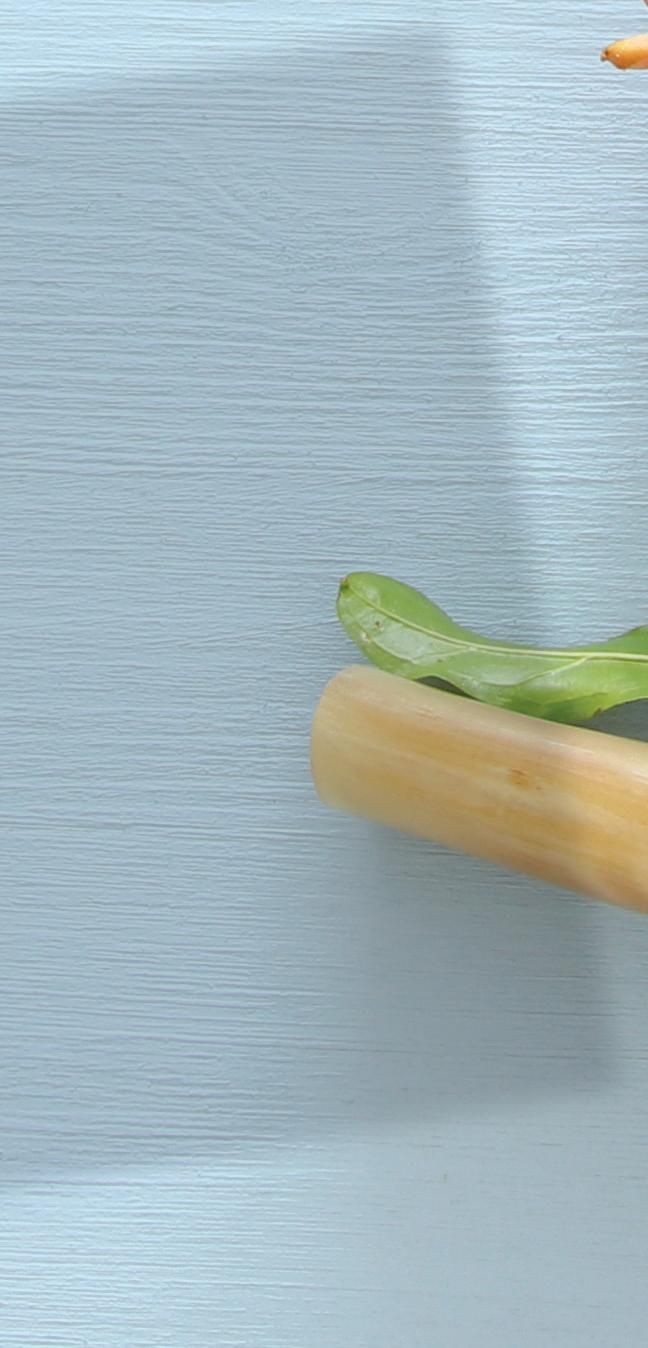
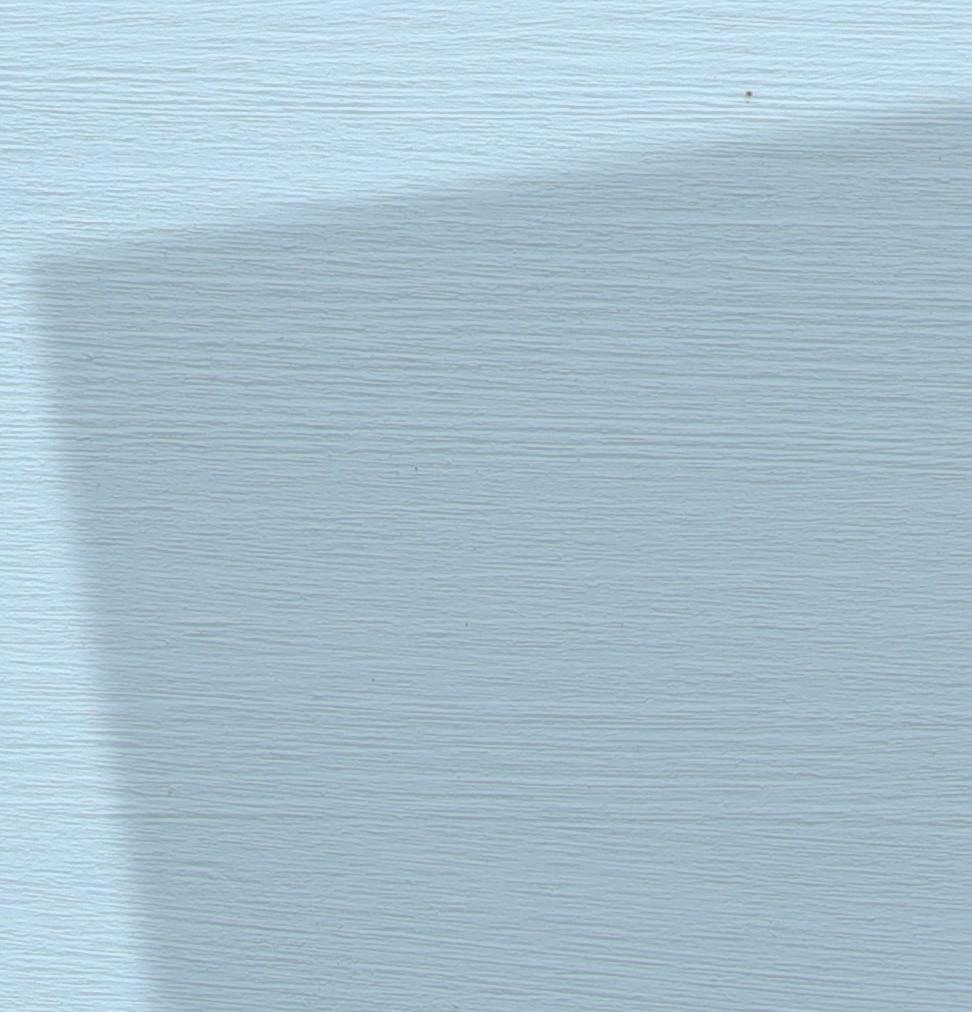
Elul Reflections
By Rabbi Nadia Siritsky, Temple Bet Yam
There is a famous story about a chaplain who visited a jail to deliver a sermon to the inmates. While ascending the podium to speak, he tripped and fell flat on his face. The room erupted in laughter. He picked himself up and went over to the podium and said, “I have just concluded my sermon; the moral is that even when a person falls flat on his face, he can rise up again. The important thing is to never give up hope.”
As we prepare for the High Holy Days, we are reminded of this very same principle: never to lose hope. Especially during these trying times, this age-old message is vitally

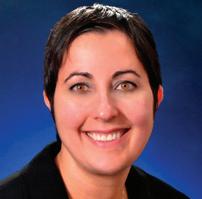
relevant to us. The start of the new year is a reminder that we can always start fresh. This is the time of teshuvah, which means turning or returning. … Returning to who we were created to be.
The passage of the Torah that we read on Shabbat Shuvah describes Moses, at the age of 120 years, who tells the Children of Israel that he feels he has become too old to lead them, and that he no longer has any energy to lead them. He begins by almost giving up, yet he goes on to deliver what many scholars have described as the most powerful sermon ever given.
Like Moses, we are capable of far more than we believe. Too often, we give up before we even try. The High Holy Days is an opportunity to press re-set… And when we look out at the world, and see only suffering, then let us recognize and answer the Call to become the answer to our prayers. May this coming new year bring only healing and blessing to us all.
Hig Holidays Schedules
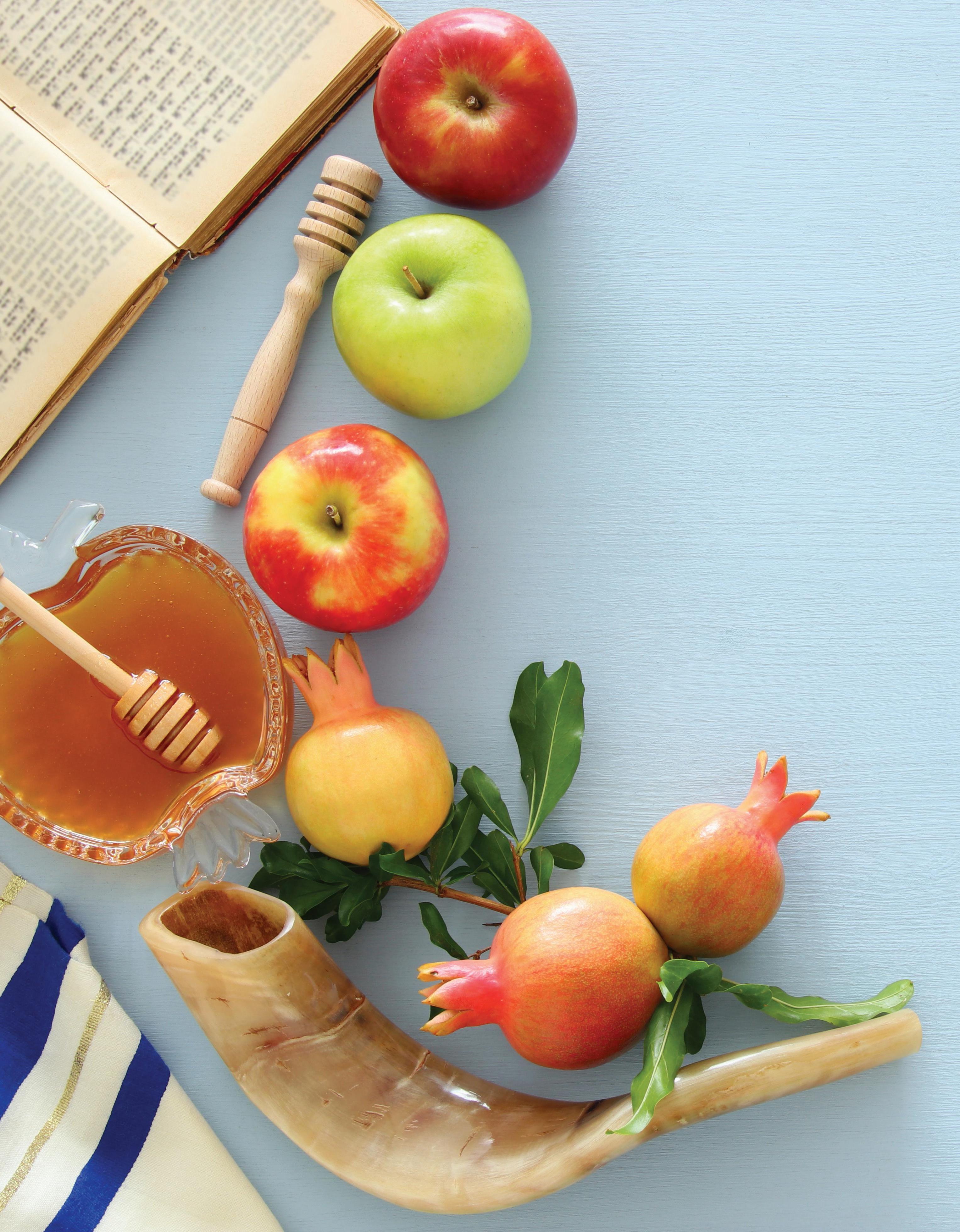

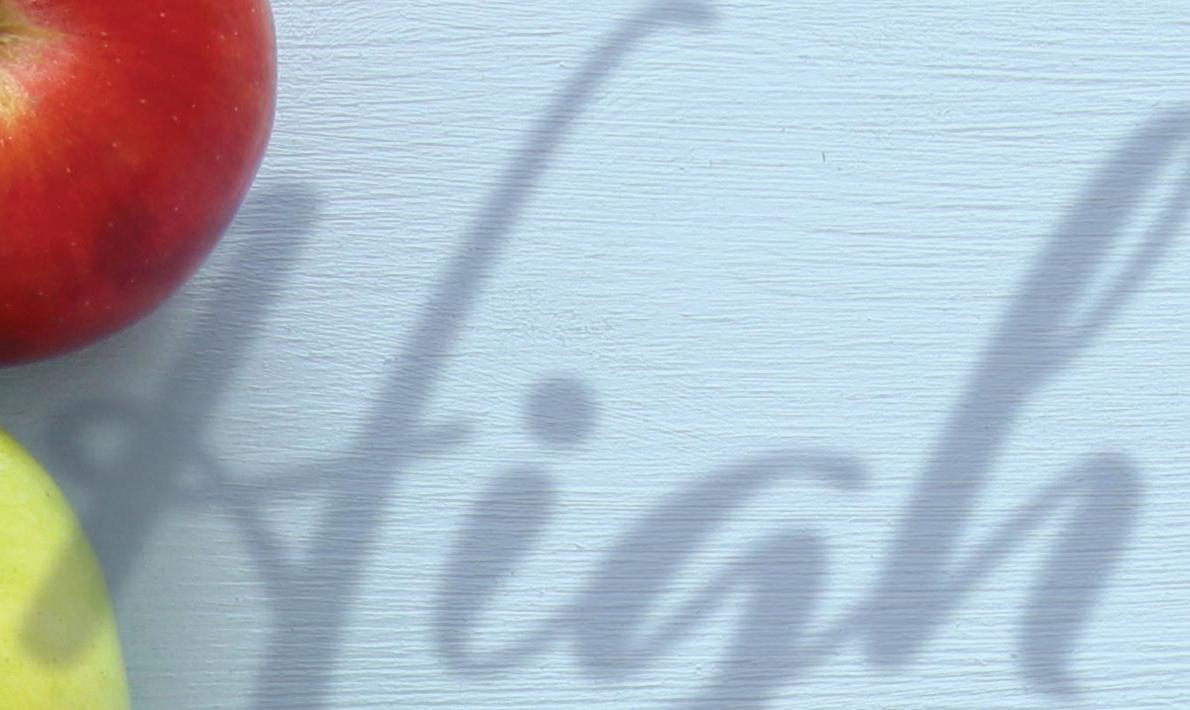











Please check synagogue websites for the most up-to-date information regarding COVID-19 guidelines for in-person or virtual services.
BETH EL–THE BEACHES SYNAGOGUE
High Holiday tickets are available. Non-members can purchase High Holiday tickets for $250 each, and members can purchase extra tickets for $50 each. To purchase tickets, please contact Elissa Feldman, our Office Manager at (904) 273-9100. L’shana Tovah!
SELICHOT September 12
7:00 p.m. Service 8:00 p.m. Ice Cream Reception
EREV ROSH HASHANAH September 17
7:00 p.m. Service
ROSH HASHANAH 1ST DAY September 18
10:00 a.m. Service 10:00 a.m. Youth Service 1:00 p.m. Tashlich
ROSH HASHANAH 2ND DAY September 19
10:00 a.m. Service
CEMETERY SERVICE Sunday, September 20
10:00 a.m. Ponte Vedra Valley Cemetery (Beth El Section)

KOL NIDRE Sunday, September 27
7:00 p.m. Service
YOM KIPPUR September 28
10:00 a.m. Service 10:00 a.m. Youth Service 1:30 p.m. Discussion 4:30 p.m. Yizkor followed by Neilah 6:00 p.m. Break Fast
CONGREGATION AHAVATH CHESED – THE TEMPLE
ELUL EDUCATION PROGRAM September 2
7:00 pm - Rabbi Steve A, Karol on helplessness and hope (Zoom)
September 9
7:00 pm - Rabbi Address on our confessions (Zoom)
September 16
7:00 pm - Rabbi Simcha Raphael on Yizkor and afterlife (Zoom)
S'LICHOT September 12
7:00 pm - teaching (Zoom) 8:00 pm - havdalah (Zoom) 8:30 pm - S'lichot service (Zoom)
ROSH HASHANAH September 18
8:00 pm - Erev Shabbat Service (Zoom)
September 19
10:00 am - Morning service (live stream) Family service pre-recorded (website) Tashlich pre-recorded (website)
SHABBAT SHUVAH HEALING SERVICE September 25
7:00 pm - Erev Shabbat service (Zoom)
September 26
9:00 am - Torah Study (Zoom) 10:30 am - Shabbat service (Zoom)
YOM KIPPUR September 27
8:00 pm - Kol Nidre Service (live stream)
September 28
10:00 am - Morning Service (live stream) 1:30 pm - Shiur #1: Rabbi Goodman...Jonah (interactive) (Zoom)
September 28
2:30 pm - Shiur #2: Rabbi Raskind...Living Between 2 Worlds (interactive) (Zoom) 3:30 pm - Torah study on Leviticus 19 (interactive) (Zoom) 4:00 pm - Yizkor (live stream) 5:00 pm N'ilah (live stream) Family service pre-recorded (website)
SHABBAT EREV SUKKOT October 2
7:00 pm - Erev Shabbat service (Zoom)
October 3
9:00 am - Torah Study (Zoom) 10:30 am Shabbat Morning/Sukkot service (Zoom)
SHABBAT/SIMCHAT TORAH October 9
7:00 pm - Erev Shabbat/Simchat Torah service (Zoom)
October 10
9:00 am - Torah study (Zoom) 10:30 am - Shabbat morning/Simchat Torah/ Yizkor Service (Zoom)
ETZ CHAIM
EREV ROSH HASHANA September 18
7:09 pm Candle Lighting
ROSH HASHANA September 19
8:00 am Shacharis 7:10 pm Mincha 8:09 pm Candle Lighting
September 20
8:00 am Shacharis 7:05 pm Mincha 8:08 pm Havdalah
EREV YOM KIPPUR September 27
6:58 pm Candle Lighting
YOM KIPPUR September 28
8:00 am Shacharis 7:58 pm Havdalah
EREV SUCCOS October 2
6:52 pm Candle Lighting
SUCCOS October 3
9:00 am Shacharis 7:52 pm Candle Lighting
October 4
9:00 am Shacharis 7:50 pm Havdalah
CHOL HAMOED SUCCOS October 5
6:30 am Shacharis
October 6
6:30 am Shacharis
October 7
6:30 am Shacharis

October 8
6:30 am Shacharis
JACKSONVILLE JEWISH CENTER
ROSH HASHANAH September 19
Virtual – Shabbat Morning Services (Live Stream) 9:00-11:05 am Alternative Rosh Hashanah Service with Dov and Alina (Zoom Room) 10:30 am-12:00 pm
September 20
Rosh Hashanah Virtual Morning Service (Live Stream) 9:00 am-12:00 pm Elem. School Rosh Hashanah Service (in person/virtual) 9:00-11:00 am
Alternative Rosh Hashanah Service with Dov and Alina (Zoom Room) 10:30 am-12:00 pm Middle/High School Rosh Hashanah Service (in person/virtual) 11:00 am-12:30 pm
YOM KIPPUR September 28
Morning Services (Live Stream) 9:00 am-1:30 pm Alternative Yom Kippur Service with Dov and Alina (Zoom Room) 10:30 am-1:00 pm Yizkor Service (Approximate Time) (Live Stream) 12:30-1:30 pm Yom Kippur Minhah Services (Live Stream) 5:15-6:15 pm Sanctuary and Zoom Sanctuary Yom Kippur Neilah Service (Live Stream) 6:15-7:15 pm Fast Ends and Final Shofar (Live Stream) 7:51-8:06 pm

SUKKOT October 2
Congregational Sukkot Dinner Morning Services (Virtual) 7:10-8:10 am Virtual – Erev Sukkot Evening Services (Live Stream) 6:00-7:00 pm
October 3
Virtual – Sukkot Day 1 Morning Services (Live Stream) 9:00 – 11:05 am Sukkot Evening Uspizin and Kiddush w/Clergy (Zoom Room) 7:45 – 8:45 pm Sanctuary, Goldman Sukkah
October 4
Family BBQ Event in the Sukkah Virtual Sukkot Day 2 Morning Service (Live Stream) 9:00 – 10:30 am Chalutzim Piggybacking on Family Sukkot 12:30 – 2:00 pm Kadima Piggybacking on Family Sukkot Event 2:30 – 4:00 pm Sukkot Evening Uspizin and Kiddush w/Clergy (Regular Room) 7:45-8:45 pm Sanctuary, Goldman Sukkah
TEMPLE BET YAM
To join Zoom services call 904-819-1875 or visit our website at templebetyam.org.
EREV ROSH HASHANAH September 18
7:30 pm
ROSH HASHANAH September 19
Children’s Service – 9:00 Morning Service – 10:00
EREV YOM KIPPUR September 27
Kol Nidre – 7:30
YOM KIPPUR September 28
Children’s Service – 9:00 Morning Service – 10:00 Afternoon Small Group Sessions – 1:00 Yizkor Memorial Service – 3:45 Afternoon and Neilah Service - 5:00







